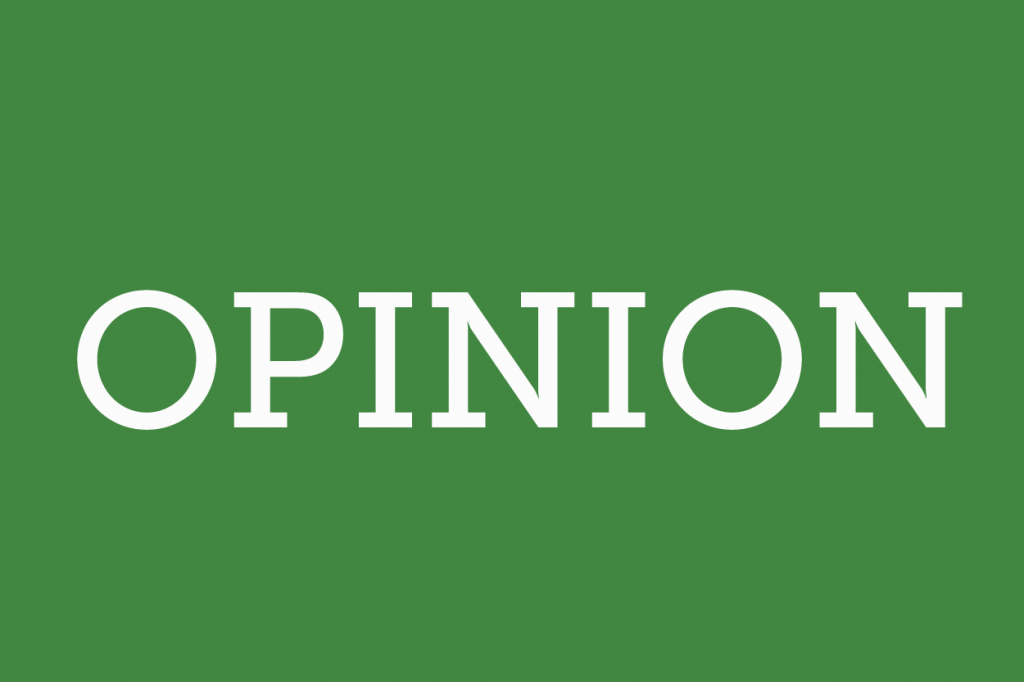Racial disparity in the United States often echoes the trials of social injustice that framed American history. The same issues exposed by leaders such as Martin Luther King Jr. still render African Americans paralyzed today. Even as a new decade approaches, African Americans are still struggling with unemployment, education, poverty, the criminal justice system and most menacingly, health. A disease that’s often been overlooked both in larger society, but specifically black communities, is diabetes.
According to the Center for Disease Control and Prevention national survey data, African-Americans are 77 percent more likely to be diagnosed with diabetes compared to non-Hispanic Caucasians. The complications that accompany diabetes also hit African American communities harder than others. Diabetic retinopathy is 46 percent more prevalent in African Americans than non-Hispanic whites, and they’re 2.6 times more likely to have end-stage renal disease, amputations and fatal complications due to diabetes than Caucasian Americans.
The factors that attribute to racial disparities in diabetes are attributed to a variety of factors that already disproportionately affect black communities including obesity, neighborhood segregation, poverty, depression, education and unemployment.
To put it simply, diabetes in African American communities is not only a symptom of pancreatic failure but a symptom of the inherently racist institutions that haunt them every day. And the problem is gradually getting worse.
The average diabetic patient requires insulin medication to mimic the insulin hormone that is normally produced by the pancreas and that regulates the amount of glucose in a user’s blood. The patient needs to inject the product either because their pancreas doesn’t create insulin on its own or because the body has become resistant to the insulin their body produces.
With approximately 7.5 million Americans relying on the drug, the pharmaceutical industry is now booming with a $27 billion global insulin market, and insulin prices are skyrocketing.
With the United States not having a market-based economy for prescription drugs, the average diabetic is shelling out between $250 to $1,500 for vials of insulin, according to wholesale acquisition cost data from Elsevier’s Gold Standard Drug Database.
In order to best reduce the prices of insulin, policymakers have explored several ideas in order to best solve this problem. The ideas ranged from seizing drug patents to creating generic competition.
However, what policymakers didn’t explore was the fact that the economy for prescription drugs is not market-based. As the Los Angeles Times puts it, it’s shame-based. And behaviors such as seizing drug patents and creating generic competition is an example of peak capitalism in the United States.
A recent study in the Journal of American Medical Association found that a quarter of people with diabetes are rationing their insulin because of cost. This can lead to a variety of serious complications, including blindness, amputation and death. Given the statistics, the impact of staggering insulin prices is felt in African-American communities the most.
According to 2017 Census population estimates, 22 percent— or 9 million— of African Americans fall below the poverty line. This is a major factor contributing to racial disparities in health insurance coverage, as highlighted in a 2017 study that stated that African Americans had persistently lower insurance coverage rates or no insurance at all compared to other communities.
Our society upholds covert racist values that sneak up on African American communities in the most sinister way by echoing them in their health. When the statistics of poverty and health connect and staggeringly work to harm black people in America, we need to realize that the problem is, in fact, institutional racism. This is not only an issue of racism but also an issue of greed. When we allow vital medicine to cost nearly $2,000, what does that say about our society? We don’t value the lives or health of black folks or anybody else for that matter.
Daniela Perez is a junior majoring in journalism and political science.






